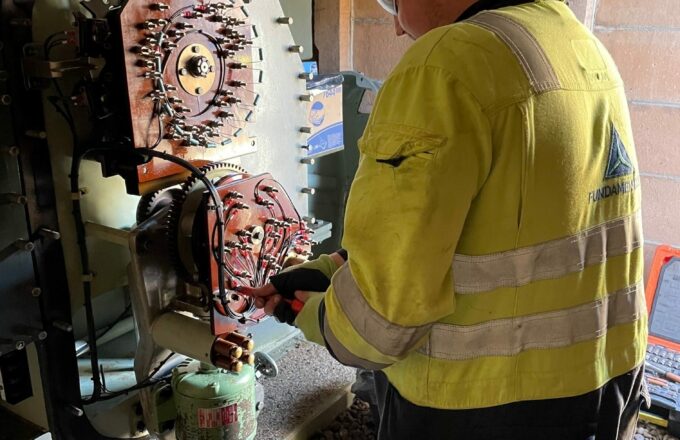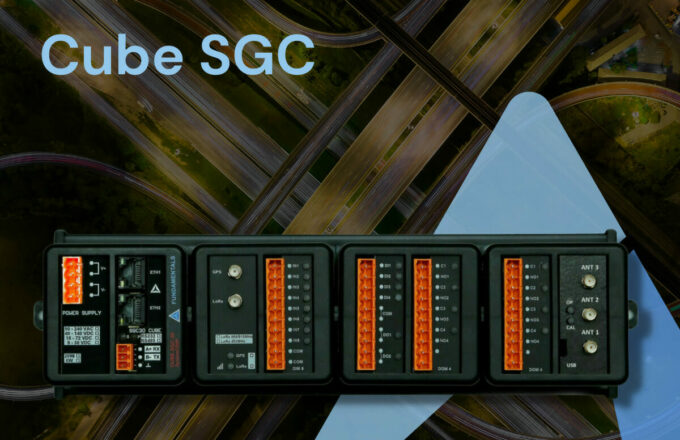Australia signs international clean energy partnerships

Australia is going well beyond its ambition to be the world leader in clean energy transition as an individual country. It has already signed partnership deals to advance practical action on climate change and build new clean energy industries with:
United Kingdom
The Australia–UK Climate and Energy Partnership was signed at COP29, exploring ways to decarbonise industry. Opportunities include hydrogen, green metals, offshore wind, energy storage and clean transport.
Germany
Australia and Germany are working together to advance the development of a global renewable hydrogen industry, including through the Australia-Germany Hydrogen Accord, embracing three initiatives:
- Hydrogen Innovation and Technology Incubator (HyGATE) to support real-world projects along the hydrogen supply chain.
- Facilitating industry-to-industry cooperation on demonstration projects in Australian Hydrogen Hubs.
- Exploring options to facilitate trade of Australian hydrogen and its derivatives produced from renewable energy sources.
India
The India-Australia Renewable Energy Partnership is an agreement to co-operate on solar PV, solar supply chains, green hydrogen, energy storage, circular economy for renewable energy, two-way investment in renewable energy projects and allied areas, capacity building and other areas of mutual interest – including building the future renewable workforce and giga-scale joint ventures.
Japan
The Australia-Japan Partnership on Decarbonisation through Technology is working together on initiatives including clean hydrogen and ammonia, fuel cells and low emissions steel and iron ore.
Republic of Korea
The Australia-Republic of Korea Low and Zero Emissions Technology Partnership is collaborating to drive increased adoption of low and zero emissions technologies, embracing hydrogen supply (including clean hydrogen and clean ammonia), low emissions steel and iron ore, and carbon capture and storage.
Singapore
The Australia-Singapore Initiative on Low Emissions Technology for Maritime and Port Operations is a $30 million partnership to accelerate the development and deployment of low emissions fuels and technologies, including clean hydrogen. The aim is to reduce emissions in maritime and port operations.
United States
The Australia-United States Climate, Critical Minerals and Clean Energy Transformation Compact launched in 2023, including collaboration on:
- Long duration energy storage
- Digital electricity grids and technology for integration of variable renewable energy
- Hydrogen, including applications in mining and heavy vehicles, and deployment of hydrogen hubs
- Carbon dioxide removal, including direct air capture
Netherlands
The Australia-Netherlands Memorandum of Understanding on Cooperation in the Field of Hydrogen was signed in 2023, to support the development of a renewable hydrogen supply chain from Australia to Europe.
The MoU covers hydrogen trade policy, standards and certification schemes, port infrastructure and supply chain development, innovative hydrogen technologies, and government policies on safety, social licence and regulations for hydrogen.
China
A Memorandum of Understanding on Climate Change Cooperation has been signed on climate change policy, including multilateral climate processes, transparency-relevant issues and the impacts of climate change.
Learn more

- Article
- Other
IEC 61850 Communication / IEC 61131 Programmable Logic Control Application Integration Method and Use Case

- Article
- Industry News
- Other
How apprentices can get a head start in green energy careers

- Article
- Other
Fundamentals and SystemCORP Energy Join Together with Shared Vision

- Article
- Other